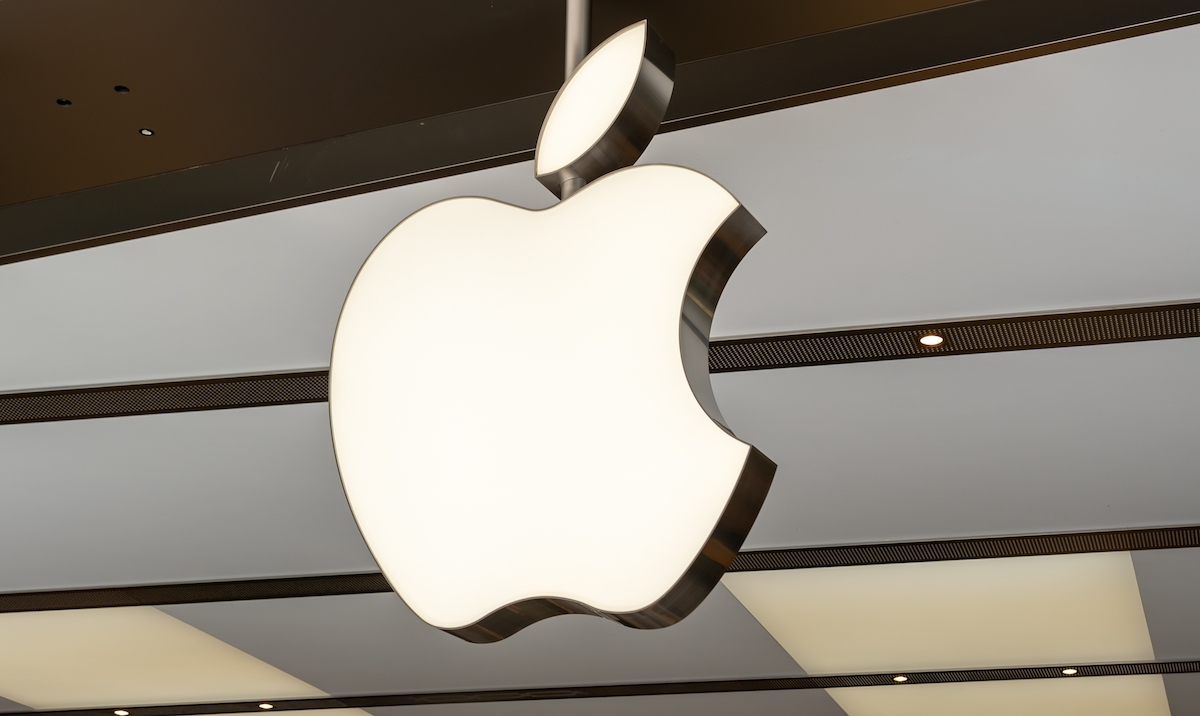EU Commission has recently intervened with Apple to ensure fair competition in the market. They have instructed the tech giant to outline clear procedures for allowing access to its platforms, in an effort to promote consumer choice and prevent smaller companies from being unfairly disadvantaged. This decision reflects ongoing efforts to maintain a level playing field in the industry.
1. The EU Commission has issued a directive to Apple.
The EU Commission has recently issued a directive to Apple with the goal of promoting competition in the tech industry and improving options for users. This directive is a major move that encourages Apple to open its platforms to other companies, creating an environment that fosters innovation and new products. EU Commission Essentially, this means that Apple will have to make changes to its software and services to enable other developers to integrate their apps and features.
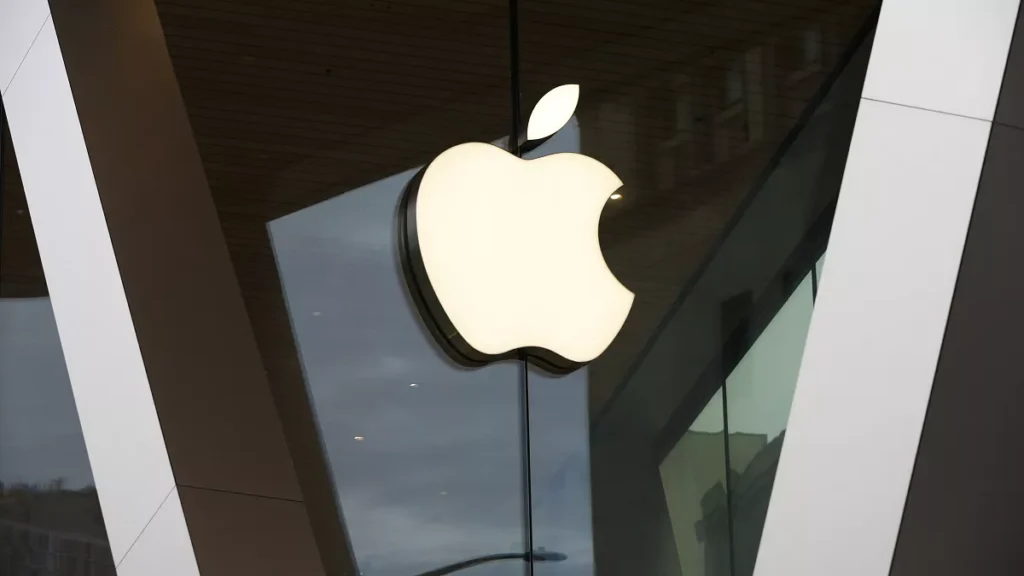
The EU Commission’s initiative is vital in response to growing concerns about concentration and monopolistic practices in the tech industry. It aims to benefit consumers by providing more choices and better services. As part of this directive, Apple will need to increase transparency in its practices, ensuring users have a clear understanding of how their data is utilized. This directive will not only affect Apple but also establish a new standard for the entire tech industry.
2. Openness to rivals in the tech industry is of significant importance.
It is essential for the tech industry to be open to competition in order to drive innovation and maintain a competitive market. When industry leaders like Apple prioritize transparency and collaboration, it creates opportunities for smaller companies and new players to succeed. This openness can result in a variety of products and services that meet the needs of a broader range of consumers.
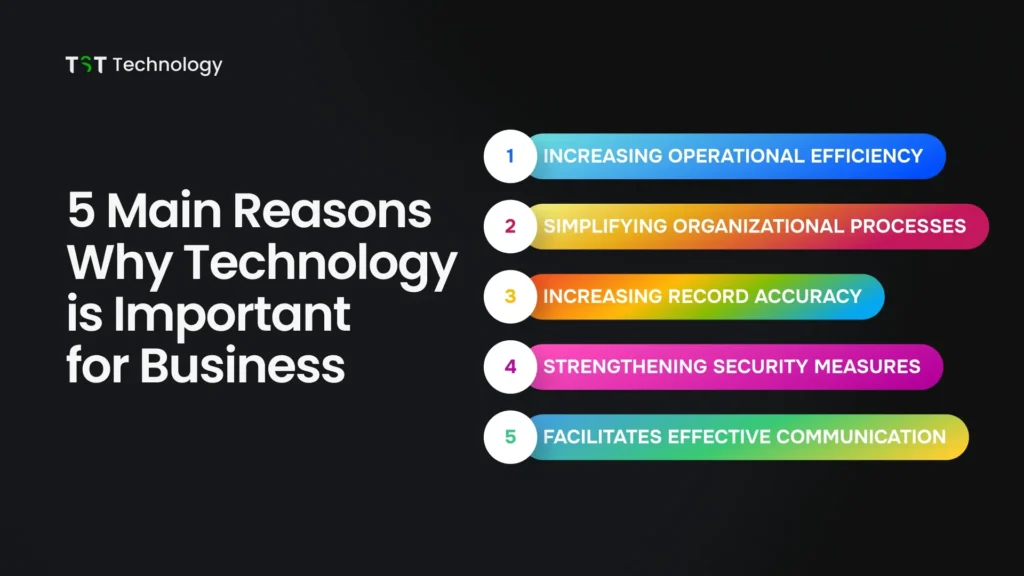
EU Commission Additionally, promoting competition is important for preventing monopolies, which can restrict innovation and options for consumers. Embracing competition can also result in tech companies gaining new ideas and technologies that can improve their own products. This cooperative mindset creates a more vibrant industry, allowing consumers to access higher quality products and services at competitive prices. In a rapidly changing technological environment, maintaining an open attitude is crucial for continued growth and innovation in the sector.
3. Apple’s current practices and policies are being assessed.
EU Commission Regulators and industry experts are currently examining Apple’s practices and policies to assess their impact on competition and consumer choice. The assessment is particularly focused on how Apple’s app distribution, data privacy, and ecosystem control affect both developers and users. Critics argue that the company’s strict guidelines and restrictions may hinder innovation and create obstacles for smaller competitors looking to enter the market.
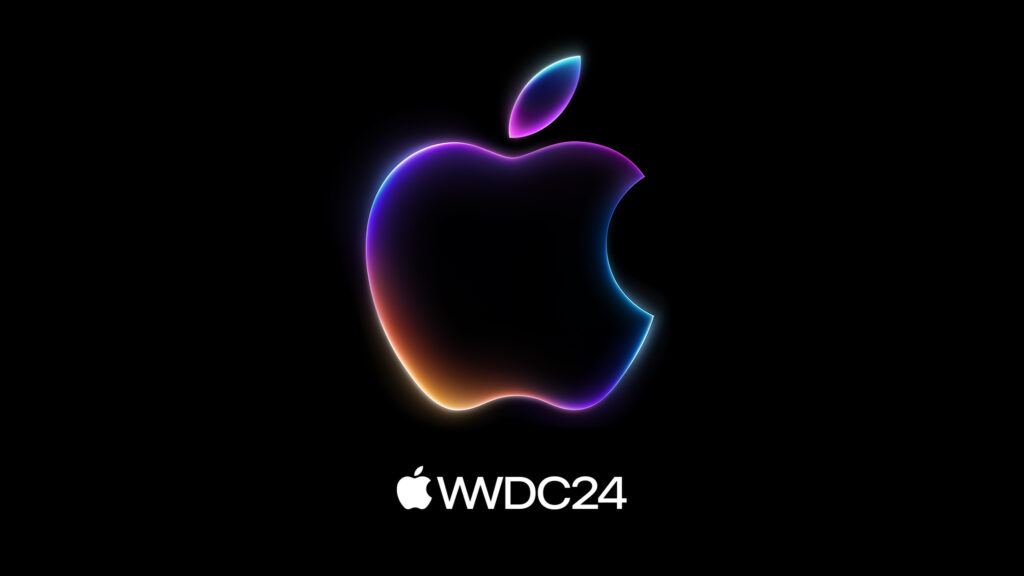
The evaluation is focused on examining whether Apple’s policies are promoting a fair playing field or reinforcing its dominant position in the tech industry. Various stakeholders, such as regulators, consumer advocacy groups, and market analysts, are gathering data and feedback from affected parties as part of this assessment. EU Commission The result of this review could potentially lead to recommendations for policy changes or regulatory actions aimed at promoting greater competition and ensuring that consumers have access to a wider range of choices. Ultimately, this scrutiny is an important step in shaping a more equitable tech landscape that benefits all parties involved.
4. There is potential impact on competition and innovation in the tech industry.
Regulatory bodies such as the EU Commission are challenging dominant players like Apple in the tech industry, which could have a significant impact on competition and innovation. By advocating for increased openness and collaboration, these efforts aim to create a level playing field for smaller companies and startups, ultimately fostering a more dynamic marketplace where new ideas can flourish.
EU Commission Rising competition frequently spurs innovation, prompting companies to enhance their offerings in order to appeal to customers. If Apple is mandated to open its platforms, it could lead to the introduction of new and distinctive applications and features by other developers, ultimately improving the user experience and functionality. This not only provides consumers with a wider array of options but also motivates established companies to constantly innovate in order to stay competitive in the market.
Moreover, increased competition can result in reduced prices and higher quality offerings as companies work to set themselves apart. EU Commission In conclusion, the current drive for regulatory reforms could transform the tech sector, promoting a climate of creativity and rivalry that may result in significant progress and enhanced customer contentment.
5. Apple needs to take certain steps to comply with the EU Commission’s directive.
In order to adhere to the EU Commission’s directive, Apple will need to take several important actions to increase transparency and encourage competition. One of the key steps may involve revising its App Store policies to give third-party developers more flexibility in distributing their apps and interacting with consumers. This could include loosening restrictions on payment systems and allowing alternative app stores to function on its devices.
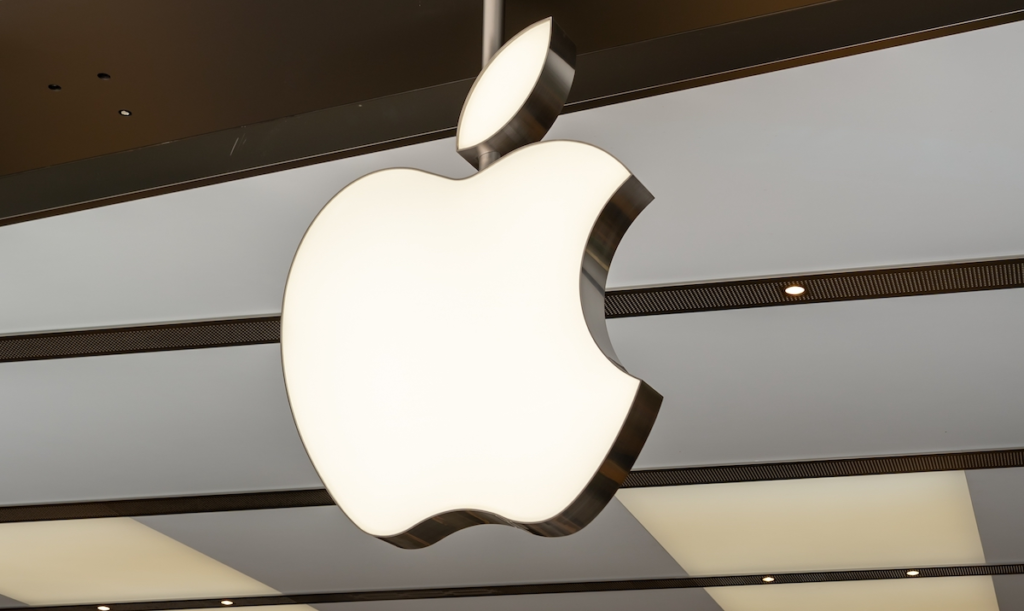
Furthermore, it is probable that Apple will need to strengthen their data-sharing practices to allow developers to enhance their applications while still protecting user privacy. Finding the right balance between these two priorities will be crucial for meeting the directive and addressing consumer protection concerns. Apple may need to enhance its communication and collaboration efforts with other tech companies in order to create an environment that promotes innovation throughout the industry. This could potentially involve establishing partnerships or participating in industry-wide initiatives focused on enhancing interoperability and user experience.
Apple must establish internal mechanisms to monitor compliance with the new requirements and ensure that all teams are aligned with regulatory expectations. These steps will demonstrate Apple’s commitment to fair competition and compliance with the EU’s directive, potentially setting a precedent for how tech giants operate in a regulated landscape.
6. The implications for the future of tech industry competition are being closely monitored.
Regulatory actions, such as those from the EU Commission against Apple, are being closely monitored for their potential impact on the future of tech industry competition. It is essential to scrutinise these developments to understand how they could potentially reshape the competitive landscape.
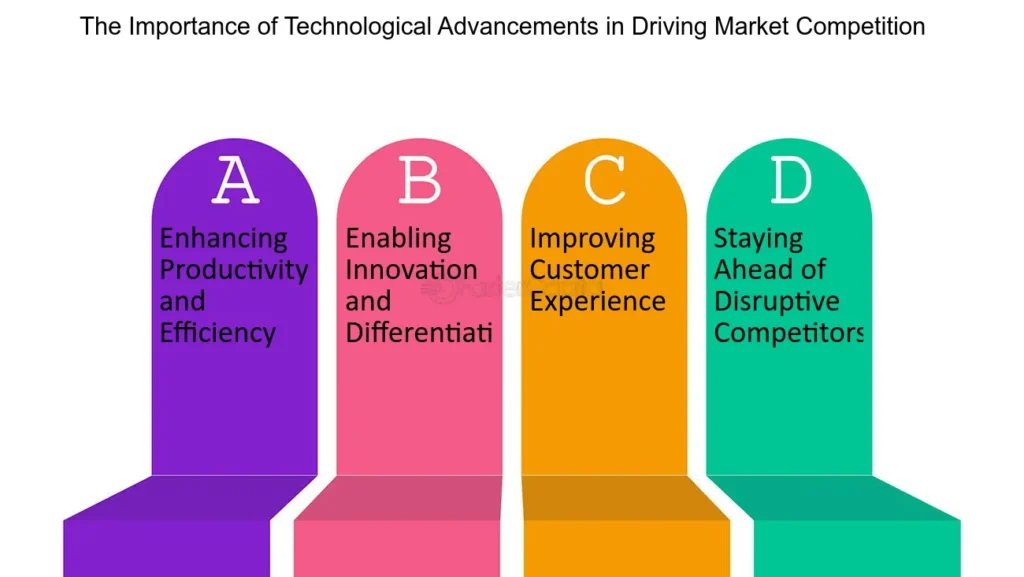
Due to the enforcement of stricter guidelines on data sharing, app distribution, and consumer access by regulatory bodies, smaller companies may find increased opportunities to compete. This heightened competition is expected to drive innovation as new entrants introduce diverse products and services to capture market share. As a result, we could see a more vibrant tech ecosystem where fresh ideas thrive, ultimately benefiting consumers with a wider range of choices.
Moreover, the potential for collaboration among companies may emerge as tech giants are encouraged to work together rather than operate in silos. This could foster partnerships that enhance interoperability, leading to better user experiences across platforms. For instance, consumers might benefit from seamless interactions between different devices and services, creating a more cohesive digital environment.
However, the monitoring of these implications also raises concerns about market stability. As competition intensifies, there’s a risk that companies may resort to aggressive tactics to maintain their positions, which could lead to further regulatory scrutiny. The balance between fostering competition and ensuring a fair marketplace will be critical in shaping the future dynamics of the tech industry.
In conclusion, it is essential to continuously monitor these developments in order to anticipate the future direction of the tech industry. Investors, consumers, and policymakers are particularly interested in understanding how competition will impact innovation, pricing, and the overall health of the market in the years ahead.
Interested in Reading My Article On:Instagram’s new ‘teen accounts’: What parents and kids need to know
